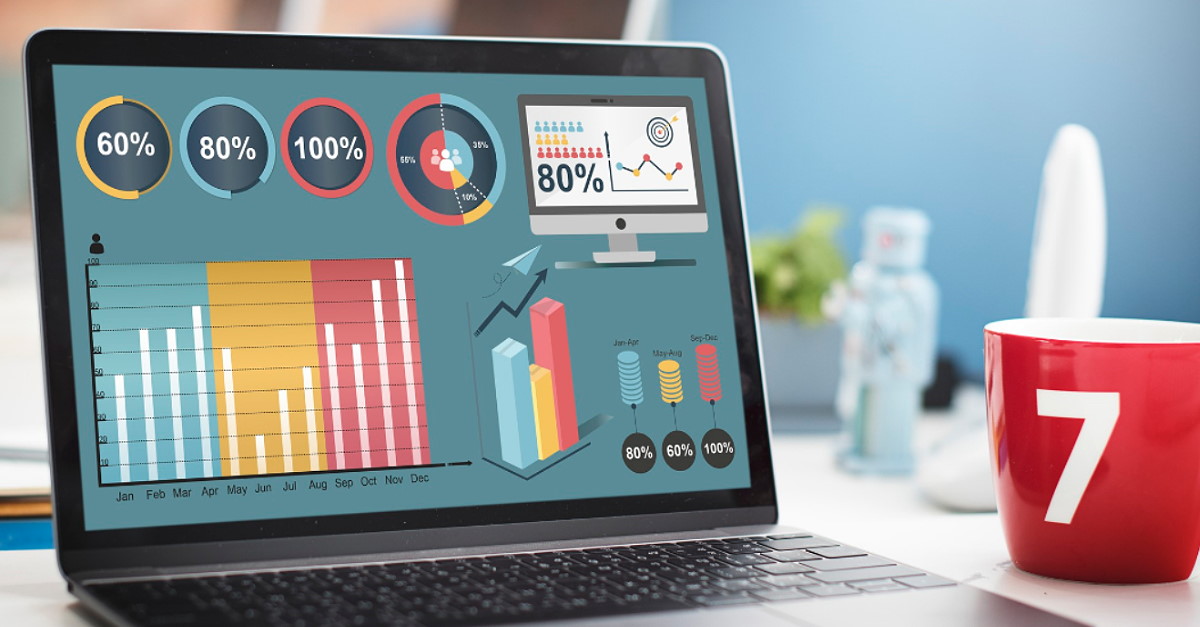On Page vs Off Page SEO in India? Get Your FREE Website SEO Checkup – CLICK HERE
Find The Best Free Website SEO Checkup Tool | Check out NOW
Google is always making updates and changes to how it ranks search results. Still, you can be sure that your SEO strategy should also include both on-page and off-page SEO techniques. So let us read more about On Page vs Off Page SEO in India?

On Page vs Off Page SEO in India?
Search engine optimization (SEO) is the most crucial thing to do if you want your page to rank higher on Google or other search engines.
What is On-Page SEO?
On-page search engine optimization is optimizing the pages of your website, including both the content and the backend. The end goal of on-page SEO is to improve web pages on their own, so they rank as high as possible in search engines by bringing in organic, qualified, and targeted traffic.
It gives you control over several things that can affect your ranking. Your site’s position in the SERPs will depend on several ranking factors or features, such as title tags, keywords, page speed, site accessibility, etc.
Features of On-Page SEO
Title Tags
The purpose of the title tag is to tell search engines and visitors what a page is about. It also helps to show why something is important. Title tags are one of the most important SEO factors that can be found on a page. Because of this, you want to ensure that the title tag for that page has the keyword you want to rank for.
URL Structure
As you build your URLs, Google is all about making things easy for people to use, so keep that in mind. Your main keyword should always be in your URL, but it shouldn’t be repeated. It should only show up once in the URL.
So as per this On Page vs Off Page SEO in India? article, If it shows up more than once, it can hurt the user’s experience. URLs should also be as short as possible so that visitors don’t get confused and so that they are easier to remember.
Heading Tags
The user experience is a big part of making a website, and heading tags are a part of that. The H1 tag, the headline or heading, will be one of the first things people see on your site. Headings are meant to reassure visitors that they’ve found what they’re looking for and are in the right place.
Of course, none of the above is real if you try getting people to click on your links. The only goal of clickbait is to get people to click on it. If you work to optimize your page’s H1 tags for specific search queries and intent, your page is more likely to show up as a marked snippet at the top of the SERPs.
Internal Text Links
Internal links take people to other pages on your website. This helps both search engines and people who come to the site. Anchor text, the text you click on to go to another internal page, should always be relevant for internal links.
So as guided in this On Page vs Off Page SEO in India? article, An internal link at the beginning of this section will take you to one of our blog posts with more information regarding internal linking.
Alt Text for Images
Some individuals have never heard of alt text, but it’s a way to give your images another name. You and Google only see this alt text on the back end of your system. You don’t need to worry about people reading this text.
The alt text should always be a good description of the image. This assists search engines in comprehending what your page is about. When writing the alt text, use 8 to 10 words, include the keyword you want to rank for, and, if it makes sense, include the location.
Page Load Speed
Since 2010, Google has used a site’s speed to determine how it ranks. This is important because a slow website kills the user experience and hurts your SEO and bottom line.
Studies show that if a website takes more than three seconds to load, about 40% of people will leave it. So, every second that goes by while your site is still loading makes it more likely that people will leave.
So based on this On Page vs Off Page SEO in India? article, PageSpeed Insights is a special tool from Google that can help you analyze your site on desktop and mobile devices.
What is Off-Page SEO?
Off-page SEO refers to the things you do outside your website that affect how it ranks in search engines. You don’t have as much authority over these as you do over on-page SEO features. This optimization determines how common and trustworthy your website is in the long run.
Most folks assume link building when they hear the term “off-page SEO,” but numerous other things affect your website’s ranking, such as how it looks, how active it is on social media, and how often it is mentioned in other places.
Features of Off-Page SEO
Link Building
When other websites link to yours, it’s a sign that they trust you. The more votes you get, the more likely search engines will rank you highly. It also works the other way around. The fewer votes you get, the harder it will be to get your site into the SERPs because Google won’t see you as authoritative and trustworthy.
In the end, it would help if other websites backed you up, and that’s where backlinks come in. Creating links to other sites is a key part of your overall strategy.
You can get links to your website in many ways, such as by writing guest posts, contacting relevant and reputable sites to see if they will link to your content, or making press releases and other content that you can submit to article directories.
Social Media
Many people think that social media has huge benefits for SEO. But Google doesn’t consider your social media presence when ranking your site. Even if that’s true, you shouldn’t stop using social media because of it.
Social media can help SEO in ways that aren’t always obvious. For example, social media can make people more aware of your brand, help you build a specific audience for your website, increase the number of times your brand is mentioned, and people link to you online.
Mentions of Brand
Finding brand mentions that don’t have links is a great way to get more links. It can be especially helpful for new websites trying to get their first 50 to 100 backlinks. A third-party tool is the best and easiest way to keep track of where your brand is mentioned.
Content advertising
Content marketing could help you reach a much larger audience than before and give them information that is very useful and meets their needs and wants. You can use things like surveys, guest blogging, and downloadable reports in addition to the content you post on your website, like blog posts.
Off-page SEO vs. on-page SEO: Which one is more important?
Even though you might think otherwise, both on-page SEO and off-page SEO are important. Both of these are needed to get a high rank on search engines.
In some situations, you may want to pay more attention to one than the other, but that doesn’t mean you should ignore the other. They all work together to make your website come alive in search engines.
Conclusion – On Page vs Off Page SEO in India?
Simply put, you can’t have on-page SEO without off-page SEO because they work together to give search engines like Google a full and clear picture of your brand’s website. Also, you can’t just set up SEO and forget about it.
To get the benefits, you have to work on it repeatedly. So this concludes the topic for On Page vs Off Page SEO in India?.
